What happened when carers of near relatives had the chance to choose their home services and everyday support? Alongside greater freedom of choice, they were able to schedule assistance in line with their own timetables. Caregivers felt better able to cope. Families became more active in seeking assistance in their everyday lives and improving their well-being.
Implemented in Tampere in 2014, this Sitra project created an operating model based on a personal budget for support in informal care and was tested with 17 families. Since customers’ needs vary greatly, they used the personal budget to enhance their overall well-being in a broad range of ways. The families could choose the preventive services that best suited their needs directly from service providers. Cleaning services and those of pedicurists and massage therapists were the most commonly used services. The use of spa and rehabilitation holidays also increased. Each personal budget was granted on the basis of a needs assessment. The trial was implemented using payment commitments in accordance with the Act on Service Vouchers.
“The experiences of the families were encouraging and we were pleased that the trial helped to revive small, local service companies,” says Antti Kivelä, a Director from Sitra, describing the results of the project.
Palvelutori service concept provides information and guidance on services
The use of personal budgets requires well-functioning guidance and support services, produced using service concepts such as Palvelutori and Lähitori which are intended for older people and their close relatives. In addition, Sitra has been piloting the Palvelutori concept and has extended it from Tampere to Turku, Pori and Rauma.
Services for older people could also be supported through the tax credit for domestic work model proposed by Sitra. This model enables those on low incomes to purchase services providing everyday support.
In Tampere, the change in cost structure was also examined in the wake of the decision to reduce institutional care. A greater emphasis on home care increased the need for short-term hospital services. Replacing hospital days with new technologies, self-care solutions and home-based services could provide opportunities for savings.
Voluntary work brings new content to life
Sitra aims to encourage Finns to take more responsibility for their own well-being and that of friends and family. In just over two years, Sitra has implemented a range of projects helping older people to live independently and cope on an everyday basis.
“In addition to channelling funding, these projects have promoted the development of voluntary activities,” says Eeva Päivärinta, a Leading Specialist at Sitra. “Through voluntary activities and work the elderly can be provided with many kinds of everyday support. Voluntary action also brings new content to the lives of volunteers.”
The arrangement and financing of services form an area of their own – through projects, Sitra has explored this subject and tested new operating models. Any reforms will also require legislative changes. Sitra has assembled the related lessons, experiences and recommendations into reports for the benefit of professionals and decision-makers.
- Vapaaehtoistoiminnasta iloa monille – Hyvinvointia tukevan vapaaehtoistyön vastuut ja käytännöt (in Finnish; Voluntary activities bring joy to many – responsibilities and practices in voluntary work in support of well-being)
- Laitoksesta kotiin – syntyikö säästöjä? – Ikäihmisten palveluiden muutosten kustannusvaikutukset Tampereella (in Finnish; A shift from institutional care to home care – did it lead to savings? – The cost effects of changes in services for older people in the City of Tampere)
- Palvelutori – Ohjaus- ja neuvontapalvelu ikäihmisille (2nd revised edition) (in Finnish; Palvelutori – Guidance and counselling service for older people)
- Henkilökohtaisen budjetin kokeilu Tampereella – Oppeja lainsäädännön uudistamiseen (in Finnish; Pilot project for personal budgeting in the City of Tampere – Lessons learned with a view to legislative reform)
- Kotitalousvähennys arjen tukena (in Finnish; Tax credits for domestic work supporting everyday life)
- Vanhusneuvosto-opas (in Finnish; Guidebook for councils for older people (KL-kustannus)
Freedom of choice is here to stay in the service sector. The related work will continue as part of the social welfare and healthcare reform and municipal development work.
For further information, please contact:
Antti Kivelä, Director, antti.kivela@sitra.fi, tel. +358 40 482 7435
Eeva Päivärinta, Leading Specialist, eeva.paivarinta@sitra.fi, tel. +358 50 359 3413
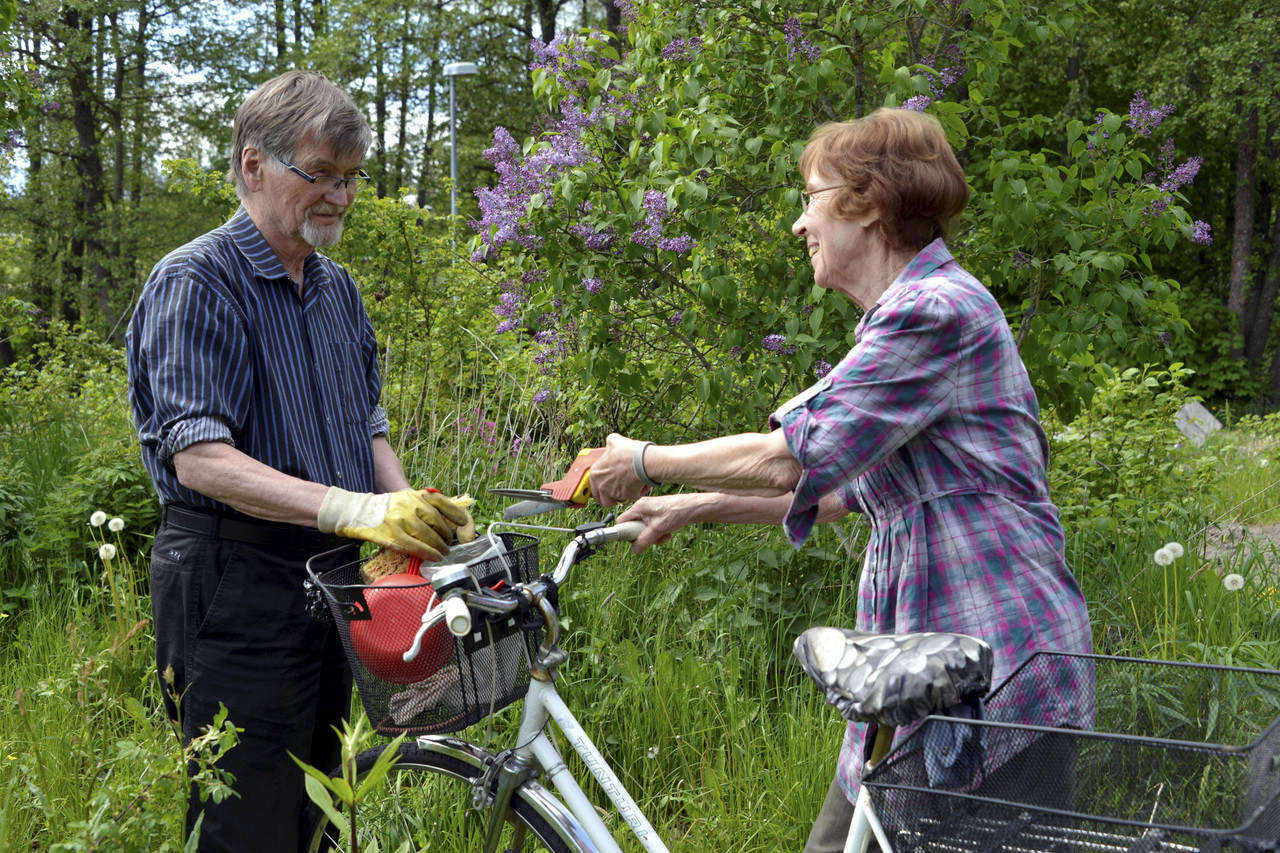
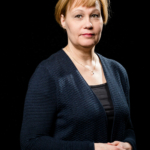
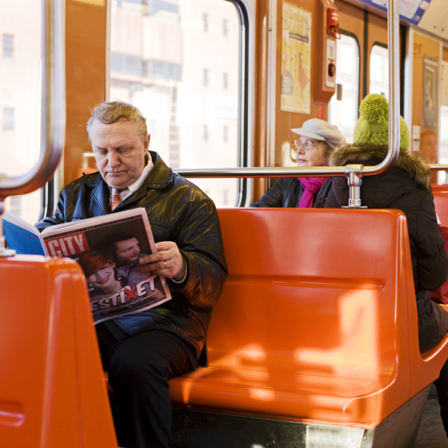
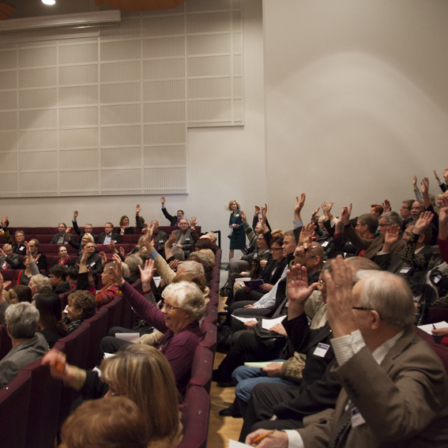
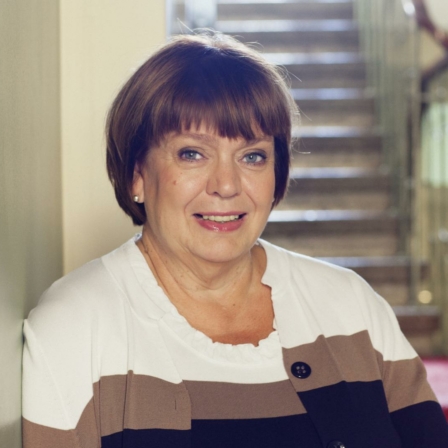
Recommended